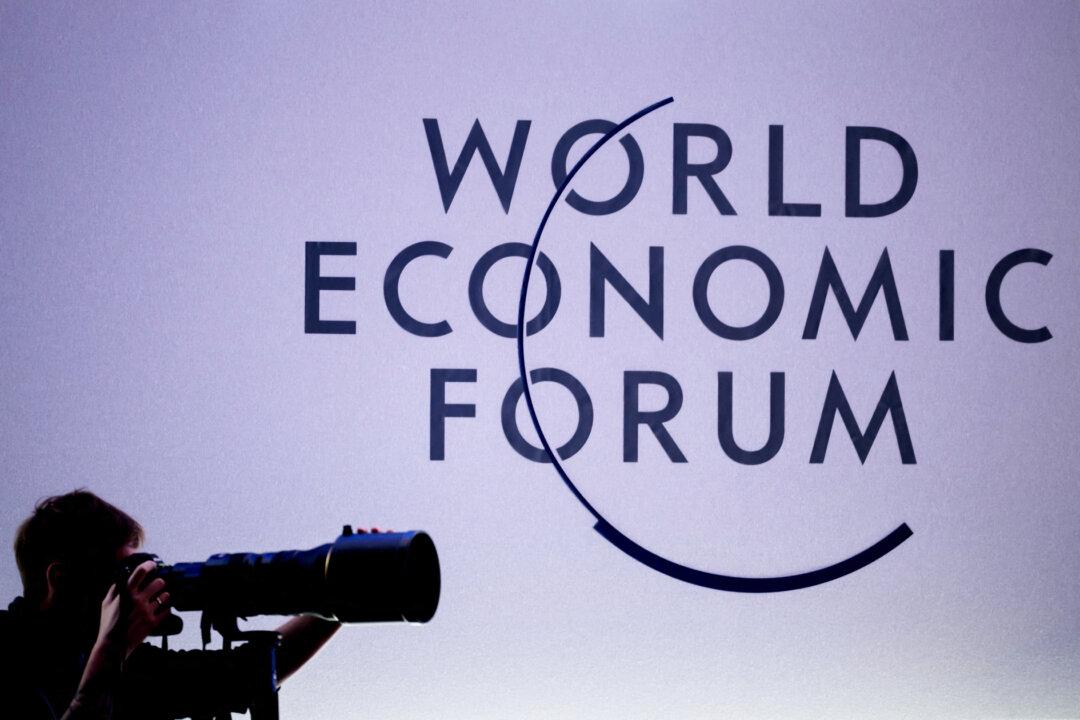After Transport Canada said last year it was “committed” to closing a digital identity pilot project for air travel, Transport Minister Pablo Rodriguez is now saying it never got off the ground.
The department “officially ended its participation in the Known Traveller Digital Identity, or KTDI, project in April 2023,” Mr. Rodriguez said June 19 in the House of Commons. “The KTDI Project never launched.”





